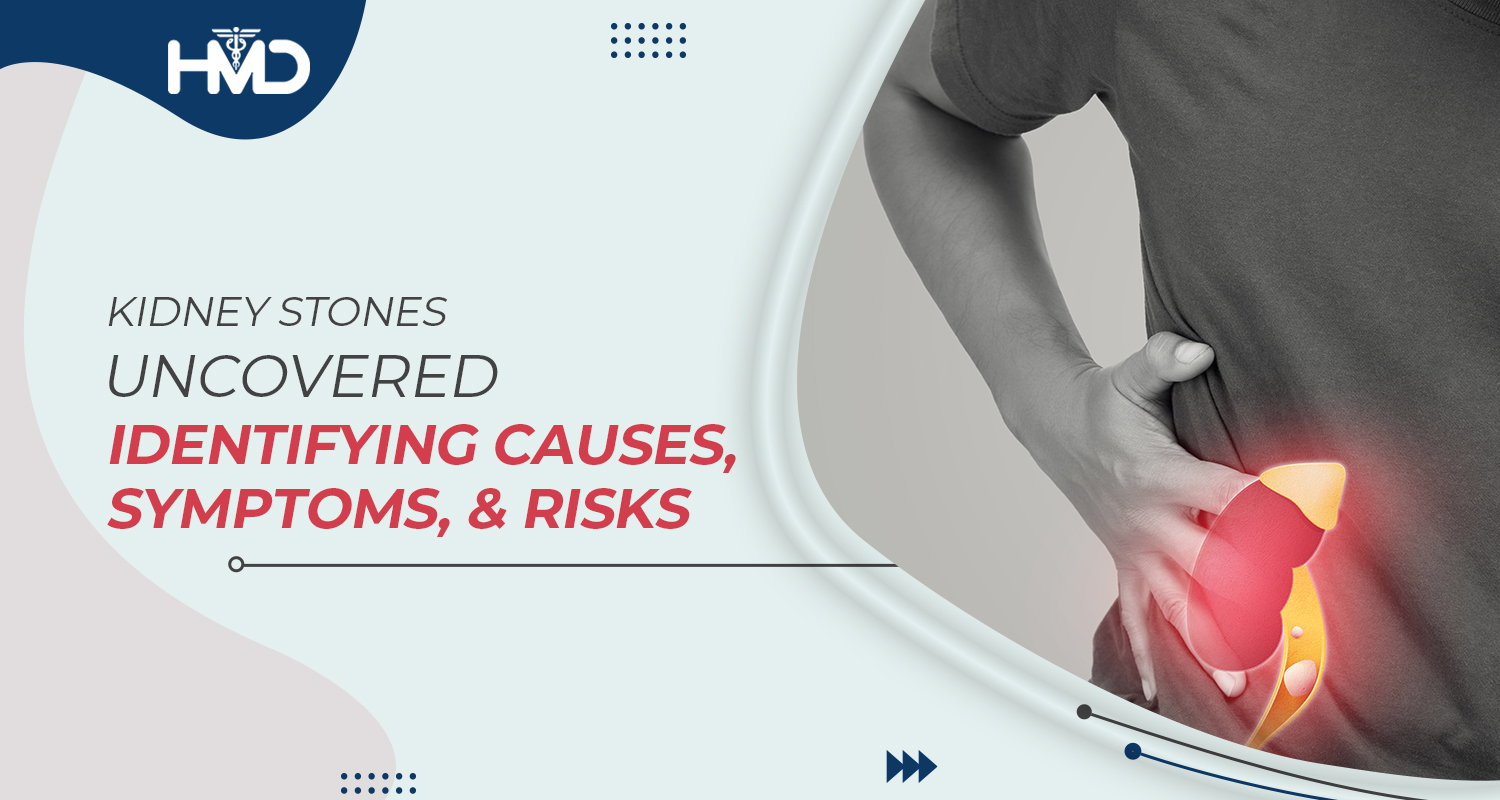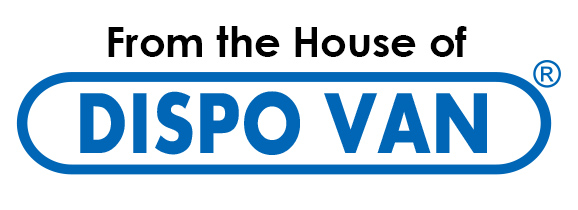

About 12% of the Indian population suffers from kidney stones, with more than half experiencing a recurrence within five years following the first incident.
Kidney stones are hard deposits of minerals and salts that form inside our kidneys. Most stones pass out of the body through urine on their own, but they can cause significant pain as they move through. However, if they are recognised in a timely fashion, the stones usually cause no permanent damage. If the stone is unable to pass on its own or is causing a blockage, you may require surgery to break it up or remove it.
Early prevention and detection of kidney stones require an understanding of their causes, symptoms, and risk factors.
Causes of Kidney Stones
Kidney stones usually occur when the urine has excessive levels of certain components, such as calcium, uric acid, and amino acids. These compounds may crystallise over time, forming stones. The types of kidney stones include:
- Calcium stones: The majority of kidney stones are calcium stones, usually in the form of calcium oxalate, but they can also be calcium phosphate.
- Struvite stones: These stones are caused by bacterial infections in the upper urinary system. The main chemicals are Struvite (magnesium ammonium phosphate) and calcium carbonate-apatite.
- Uric acid stones: These can occur when people lose too much fluid due to chronic diarrhoea or malabsorption, eat a high-protein diet, or suffer from metabolic or diabetic syndrome.
- Cystine stones: These stones form in people with cystinuria, a hereditary condition in which the kidney excretes excessive amounts of a specific amino acid.
Other factors contributing to kidney stone formation include:
- Dehydration
- Low urine volume
- Obesity
- Weight-loss surgery
- High salt or sugar intake
- Family history of kidney stones
- Excessive or insufficient exercise
- Certain medical conditions, such as gout and UTIs
Symptoms of Kidney Stones
A kidney stone does not usually cause problems until it moves around in the kidney or passes through one of the tubes called ureters. The most common sign of kidney stones is pain in the lower back, tummy or side. Sometimes, the pain can even spread to the lower abdomen or groin. The pain usually begins suddenly and comes in waves.
Other symptoms of a kidney stone include:
- Pain or burning sensation while urinating
- Blood in your urine
- Nausea or vomiting
- Fever and chills
- Stomach ache that does not go away
- Cloudy or foul-smelling urine
- Persistent need to urinate, urinating more frequently or in small amounts
Risk Factors of Kidney Stones
You may have a higher risk of developing a kidney stone if you have:
- Urinary tract blockage
- Chronic inflammation in the bowel
- Previous gastrointestinal tract surgeries
- Gout, a painful joint swelling condition
- Cystic kidney disease, in which fluid-filled sacs form on your kidneys
- Hyperuricosuria, a condition characterised by high levels of uric acid in urine
- Cystinuria, a condition characterised by high amounts of amino acid cystine in urine
- Hyperparathyroidism, a condition in which parathyroid glands release excessive hormones, leading to extra calcium in your blood
- Renal tubular acidosis, a condition that causes excessive acidity in the blood and alkaline urine
- Hypercalciuria, a genetic condition with elevated calcium levels in urine
- Hyperoxaluria, a genetic condition with high oxalate levels in urine
Conclusion
Kidney stones can be painful and stressful, but with correct knowledge and precautions, they can be avoided. To prevent kidney stones, drink lots of water, maintain a nutritious diet, and exercise regularly.
If you are experiencing kidney stone symptoms, consult your doctor for a diagnosis and treatment plan.

